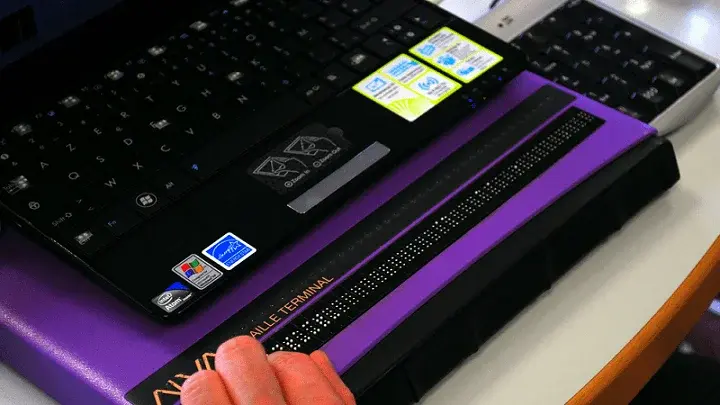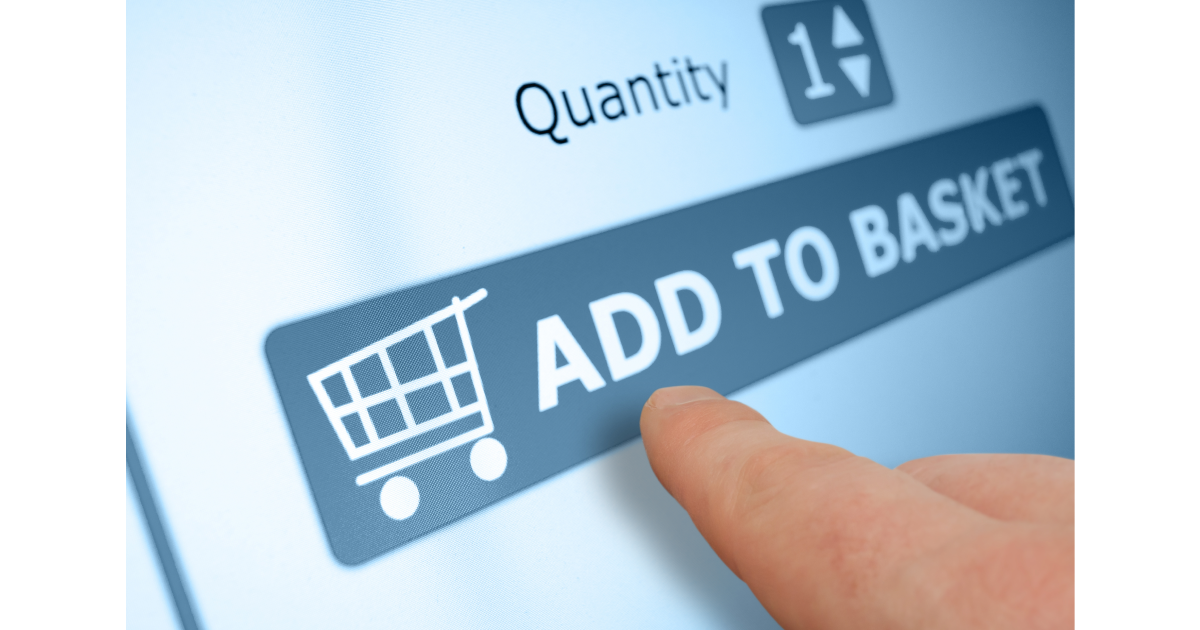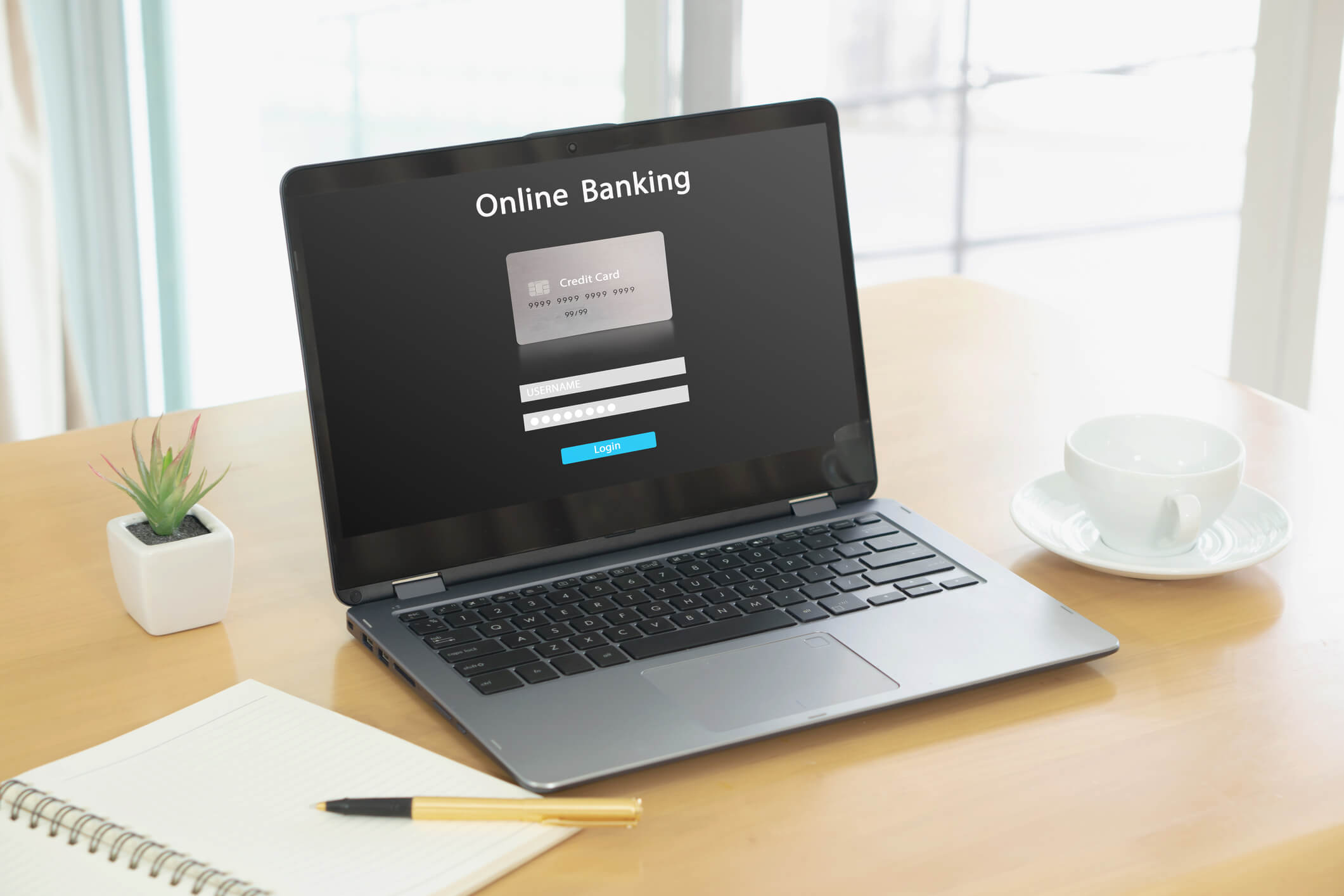In last month's post, I offered you some suggestions for starting a conversation that helps establish an accessibility-first mindset in the organization where you work. With this knowledge, even those that aren’t web accessibility experts can initiate this crucial component of company culture.
I believe that to be true. But I received a comment via LinkedIn where someone inquired about how they could become that person. What motivated them to speak up in that way?
My best answer to that comes from a book I recently read called Good Talk: How to Design Conversations that Matter by Daniel Stillman. Daniel writes early in the book:
"Waiting for someone else to act won't do. If we see the problem, we have to do something about it. If we want others to open up to new possibilities, we might try to open them as well. It's our responsibility to frame the challenge so that others can be open to exploring the issue."
A Catalog of Information for Your Digital Accessibility Initiative
The more knowledge you have, the more likely you will have the right information at the right time to trigger that “aha” moment for someone else.
The story that turns a person into an advocate and encourages them to join you in spreading the message of accessibility in your company may not work for everyone. For this reason, you need to have an array of stories, experiences, and data at hand. (An important side note is ensuring you have accurate information. Many misconceptions exist regarding digital accessibility, and that can cause unrealistic expectations. I'll talk more about this problem in a future post.)
The tipping point that turned web accessibility from just a job to a mission to become a champion and advocate was the first time I witnessed a blind person using a screen reader. They struggled with keyboard traps, poorly labeled interactive elements, and an ineffective heading structure. Leveraging real "stories” often provides better training moments than statistics, guidelines, or regulations. This degree of storytelling creates empathy and a genuinely human connection to digital accessibility issues.
Even though I've been focused on digital accessibility for years now, and have been a Certified Professional in Accessibility Core Competencies for nearly three, my education never stops. It doesn't matter how much I think I know about a digital accessibility topic; I always want to hear about another unique story from someone else. They likely have a lived experience different from mine. Further, how they approach the subject and discussion may unlock new, different, or even better insights for me. When we openly share our own perspectives and the challenges we face in today’s digital world, we can set the stage for empowerment and pave a path for inclusion.
How to Connect with Web Accessibility Experts & Advocates
It's easy to add learning from others to your toolkit, and there's plenty of free information out there. The UsableNet blog is a great ungated resource, for example. In particular, I recommend the posts by Michael Taylor. He writes about his various experiences on the web as a blind person who relies on a screen reader. With this point of view, you can see how your organization's digital properties compare to other sites Michael visits using his stories as a guide.
Of course, if you're already a client of UsableNet, you've got premium access to our team of digital accessibility experts to help guide you. Among my favorite conversations is ones with those who want tips on discussing web accessibility with others and how to be an advocate in their organization.
LinkedIn also features a tremendous resource with its newsletter, "Top Voices in Disability Advocacy." You can also check the list of people I and other UsableNetters follow to grow your network of experts and advocates.
Practicing Continued Advocacy
Find the voices and identify the resources that resonate with you, then spend a few minutes with them each week to enhance your awareness and knowledge. Afterward, you'll be even more ready to go forth in your organization and work to transform it with an accessibility-first mindset.
For additional insights, check out the free on-demand webinar featuring the author, Jeff Adams, How to Create a Culture of Digital Accessibility. Watch now.


-1.png?width=1200&height=630&name=Blue%20and%20White%20Gradient%20Modern%20Webinar%20Facebook%20Post%20(1)-1.png)
.png)




